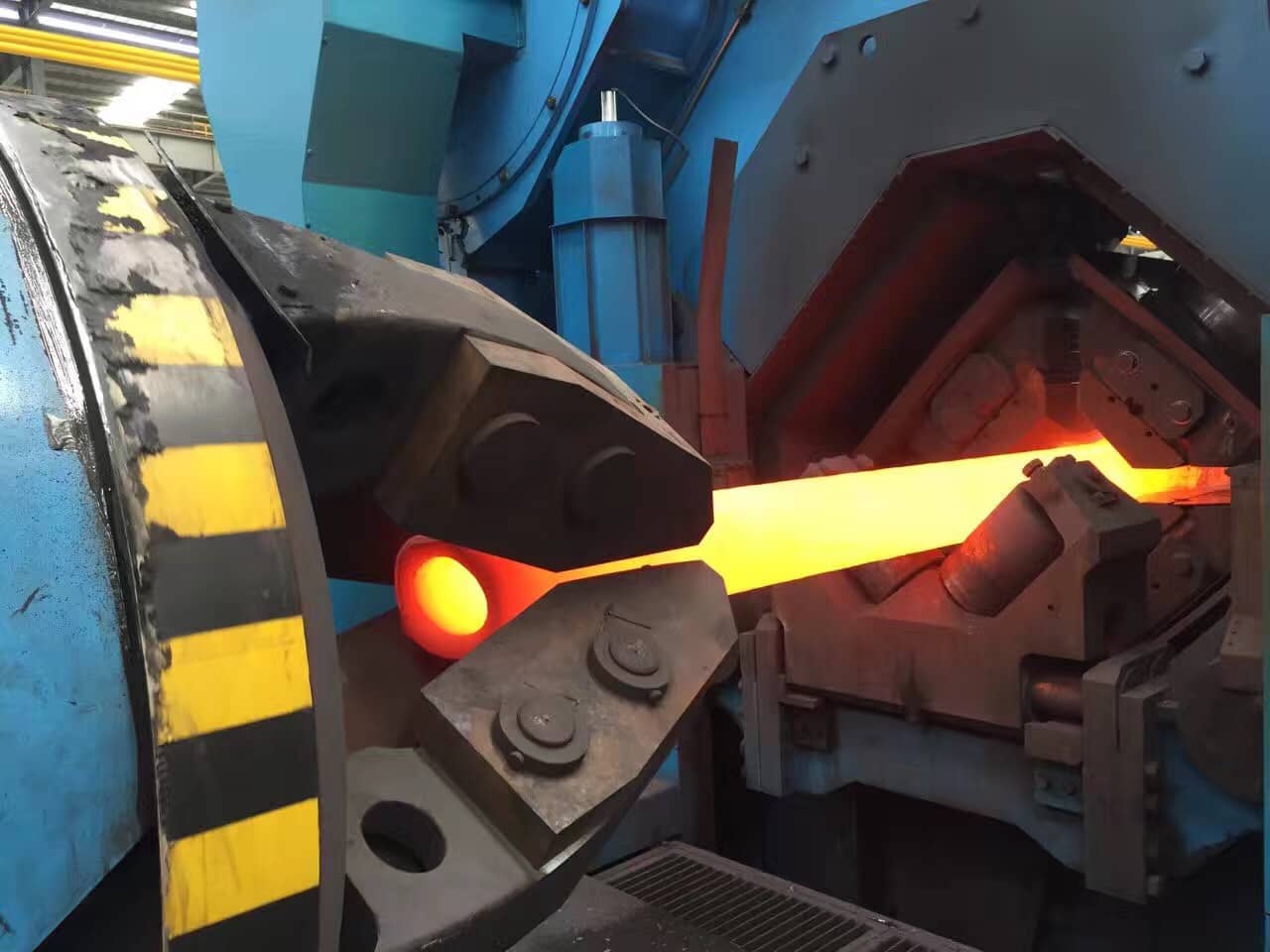- Welcome to FD Titanium - A Professional Titanium Tube Manufacturer in China
- Email:[email protected]
In the industrial field, titanium alloy is a more commonly used material. Titanium alloy forging demands strict requirements and is widely used in aerospace, medical equipment, chemical, and other fields; in the process of titanium alloy forging, the choice of cooling method has a significant impact on the quality of forgings, according to the performance of forgings to choose a different cooling method, the following is a few of the titanium alloy forging cooling methods that I have organized.
natural cooling
Natural cooling is a simple and commonly used method of cooling. After forging, the titanium alloy forgings are placed in the air and cooled by natural convection and radiant heat dissipation. The advantage of this method is that it is simple to operate and requires no additional equipment or energy consumption. However, natural cooling is slow and may lead to uneven internal forging organization, affecting the product’s performance.
Forced air cooling
Forced air cooling accelerates the cooling speed of titanium alloy forgings by forcing air to blow on them through fans or air-blowing equipment. This can reduce the forging temperature, minimize thermal stress, and improve product performance. However, it should be noted that forced air cooling may lead to oxidation and hardening phenomena on the surface of the forging, so it is necessary to control the cooling speed and blowing distance reasonably.

Water quenching and cooling
Water quenching cooling is a fast and effective cooling method. By immersing a titanium alloy forging in water, its temperature can be rapidly reduced, resulting in higher strength and hardness. However, water quench cooling can also lead to problems such as cracks and deformation of the forgings, so the cooling rate and temperature gradient must be carefully controlled.
Oil quenching and cooling
Oil quenching is a method of cooling oil at a specific temperature. Oil quenching has a slower cooling rate than water quenching, which can reduce the risk of cracks in forgings. At the same time, oil quenching can also improve the surface quality of forgings to a certain extent. However, it should be noted that the oil quenching process requires strict control of the oil temperature in order to avoid the oil temperature being too high to cause defects in the forging.
Vacuum cooling
Vacuum cooling is a way of cooling titanium alloy forgings in a vacuum environment. Under vacuum conditions, the heat conduction efficiency is higher, accelerating the forgings’ cooling speed. At the same time, the vacuum environment can avoid oxidation and contamination on the surface of the forging, which is conducive to maintaining the purity and performance of the product. However, the cost of vacuum cooling equipment is high, and the operation is relatively complex, so the actual application needs to be weighed according to the specific circumstances.
If you have any question about titanium, Please leave us a message, We will reply you soon.
© 2024. All Rights Reserved. Zhangjiagang FD Titanium Industries Co.,LTD